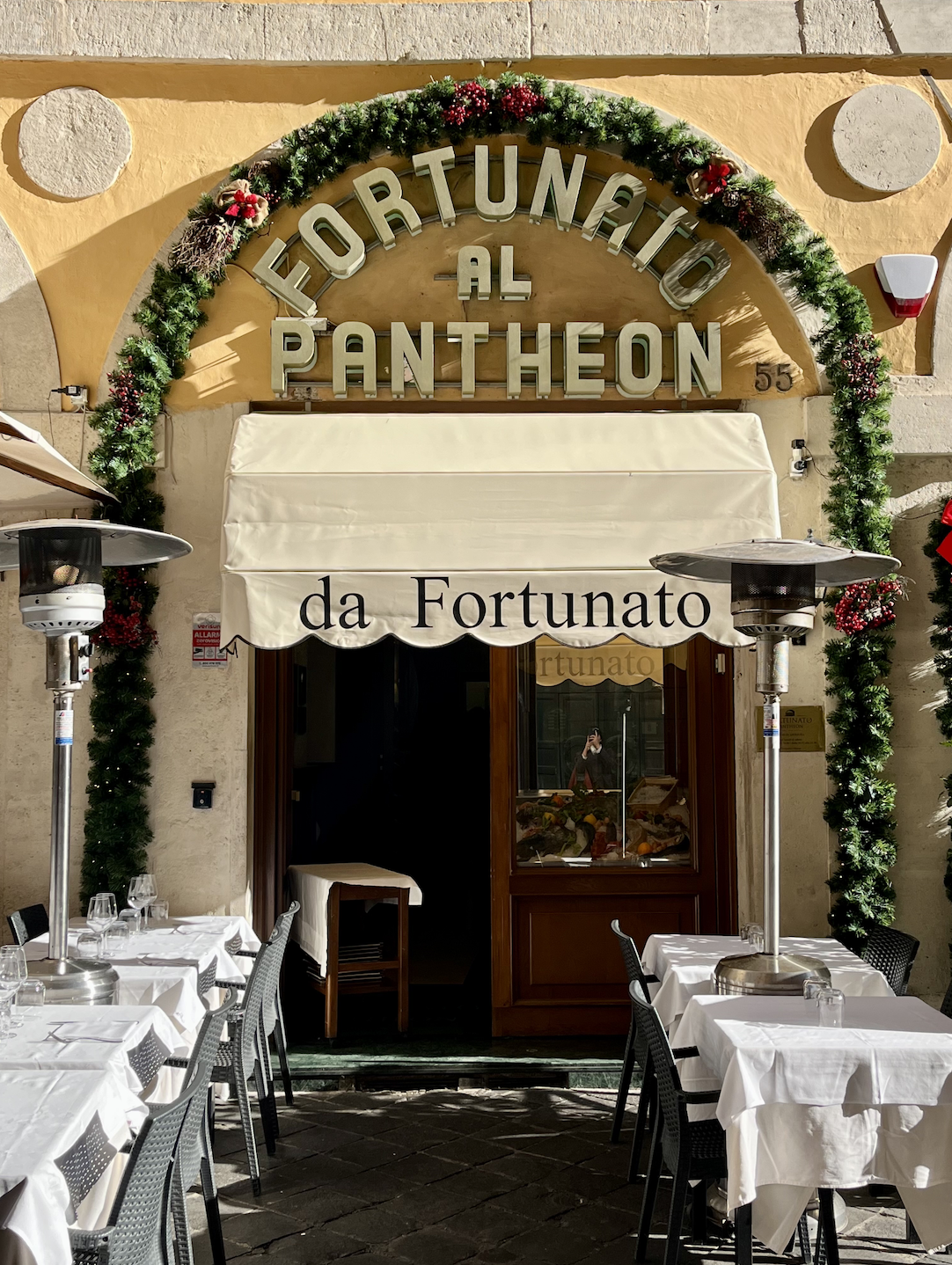Customs and Traditions: Celebrating the Holidays like an Italian
If you are spending time in Italy for the holidays, consider yourself fortunato/a! And if you’re dreaming of the magical Boot from afar, you’re not the only one. In honor of the most merry time of year, learn about some of Italy’s most historical and quirky customs and traditions for the holiday season!
Rocking Around the Christmas Tree
Although city squares and mom-and-pop shops may hang their twinkly lights earlier than the beginning of December, most Italian families wait until the 8th for tree cutting, ornament hanging, and festival music playing. The 8th of December in Italy is the Feast of the Immaculate Conception. It is commonly reserved for a day when Italians decorate the tree as it is a national public holiday. Many families have the day off. This day also “kick-starts” the month-long festivities and holiday cheer!
Presepi
Throughout the month, from small hillside towns to big chaotic cities paint the town in spirit, setting up artisanal markets, baking seasonal goods, and presepi AKA nativity scenes. These presepi have deep roots in Italy, a tradition dating back to St. Francis of Assisi in 1223. However, aside from St. Francis, the annual tradition of creating a presepi has a deep history in southern cities like Naples, where presepi are taken as an art form, often highly detailed, and elaborate, including hundreds of figures from bakers and shepherds to villagers and animals. Often hand-carved and designed by artisans themselves, many cities host exhibits, display shows, and even live nativity scenes to enjoy these works of art in person.
La Vigilia di Natale
The eve of Christmas, December 24th, is known in Italy as La Vigilia di Natale and is the opener for food feasts for the next three days. Most Italian families reserve a multi-course dinner for seafood. A biblical tradition or not, courses include plates like baccalà, seafood salad, pasta and clams, smoked salmon or muscles, and much more. Each region has its seafood specialty on the table, and the southern-coastal towns tend to have the largest seafood spread, going as far as lining up in the early hours of the morning (I am talking 2 or 3 am) to have a first-hand at their fish selection at the local outdoor markets.
Don’t expect la Vigilia to be over after an hour or two. Most households are up celebrating until midnight and beyond.With full bellies and even fuller hearts, some traditional Catholic families (again, many stemming from the Southern tip of the peninsula) even venture out to attend midnight mass. Others enjoy dessert (and yes, panettone and pandoro are included!), espresso, and present opening. However, in the spirit of Babbo Natale (Santa Clause), younger children wait until Christmas morning to open presents.
Buona Fortuna & Buon Anno
Along with wives' tales, folklore, and superstitions, Italians are always looking for ways to get extra lucky. New Year's Eve and New Year’s is the perfect time to practice some of these good-luck tales and traditions. New Year’s Eve’s dinner is just as important as staying up to watch the ball drop at midnight. The typical meal includes Cotechino, a type of fatty pork sausage, and lentils, both believed to bring good fortune, wealth, and prosperity for the coming year. Another equally as important and popular tradition is to wear red underwear on New Year’s Eve. The color red is believed to bring good luck and drive away evil spirits in the coming year, and a week or two leading up to the big night, many shops and street vendors sell red-colored underwear for everyone in the family.
La Befana
Gift-giving and surprise treats don’t stop when Babbo Natale comes to town. Legend has it says there is also a little old witch who rides on a broom, known as La Befana, who, according to legend, delivers gifts and sweets to good children on the night of January 5th and coal (or dark candy) to those who have misbehaved. Children hang stockings for the Befana and wake up to find what she left. The 6th also coincides with the Epiphany, the arrival of the Three Wise Men.
Do you have any other Italian traditions you celebrate? Let us know in the comments below!


